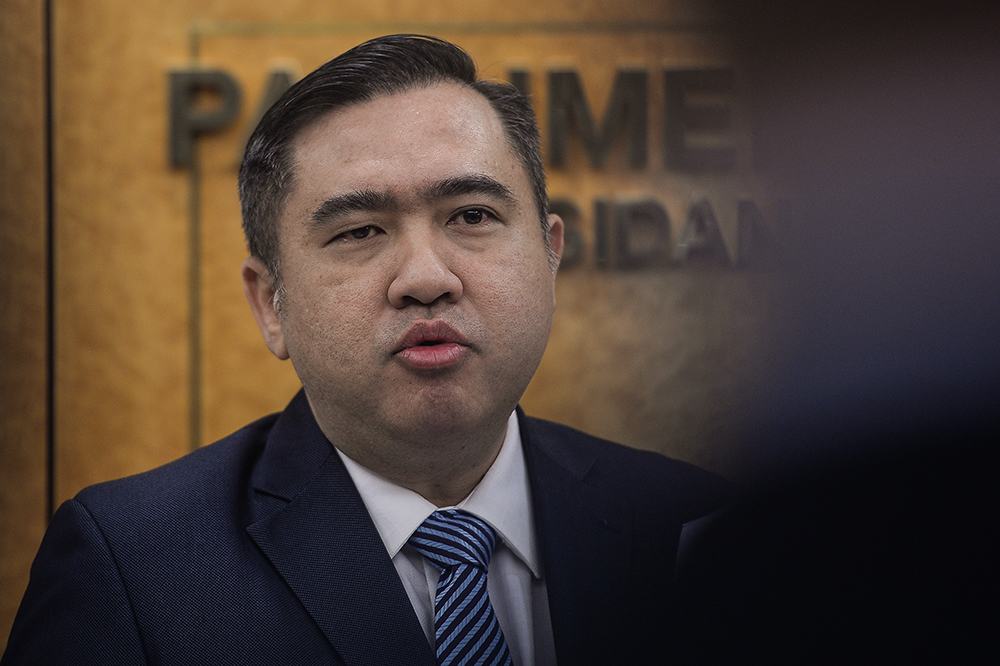KUALA LUMPUR, April 11 — The government has spared foreign ships repairing undersea cables in Malaysian waters from the cabotage policy in a bid to draw investment from international telecommunications, Transport Minister Anthony Loke said today.
He said the decision to grant exceptions to non-Malaysian vessels conducting under undersea cable repairs, and which came into effect on April 1 was made on March 28, under Section 65(U) of the Merchant Shipping Ordinance 1952.
“Malaysia has 16 underwater international cable networks, and nine domestic cable networks at cable landing stations nationwide,” Loke said during a press conference at Parliament.
Cabotage has been implemented in Malaysia since the 1980s and requires all domestic transshipment of goods to be made using Malaysian vessels.
Over the years, industry players, Opposition parties and even non-governmental organisations have blamed the shipping policy for the higher difference in cost between peninsular Malaysia and Borneo Malaysia, stunting the manufacturing and export industry in Sabah and Sarawak.
Loke said the Pakatan Harapan government continues to uphold the cabotage policy to protect and stimulate the domestic shipping industry.
The minister said he had been contacted by local companies Telekom Malaysia and Time dotCom last November asking for the exceptions to be expedited.
“In light of the fact the ships conducting the repairs are Cable Laying Ships of the Dynamic Positioning 2 type whose numbers are very few in Malaysia, the exemption was granted since to delay it any further would cause losses for the country.
“Ordinarily repairing undersea cables takes up to 27 days, which in turn has a negative impact on attracting local and domestic telecommunications and internet investors,” Loke said.
With the exceptions, it is hoped the time required to conduct the repairs can be reduced from 27 days to 14 days instead.
“The government’s main consideration is to increase Malaysia’s competitiveness in attracting foreign investors, including Facebook, Google, and Amazon who wish to construct undersea cables as well as data centres on land.
“This will not only attract investment, but also bring about more job opportunities, as well as expand the domestic telecommunications and internet industry,” he said.
However Loke stressed the exceptions only apply to ships fixing cables in Malaysia only, and that such vessels would be carefully recorded to provide a picture for those interested in investing in undersea cable repair services in the country.
The ministry later issued a statement clarifying that the 27 days mentioned during the press conference actually refers to the average delay due to permits/regulatory approval, and not the time required to complete cable repairs.
It added that although submarine cable operators still need to apply for domestic shipping licences per the ordinance, it exempts applicants from having to follow standard operating procedures which typically lengthen the regulatory approval period from four to 14 days.
The exemption also only applies to foreign vessels engaging in submarine cable repair activities, whereas submarine cable laying, schedule maintenance and other activities remain under cabotage, the ministry said.



















